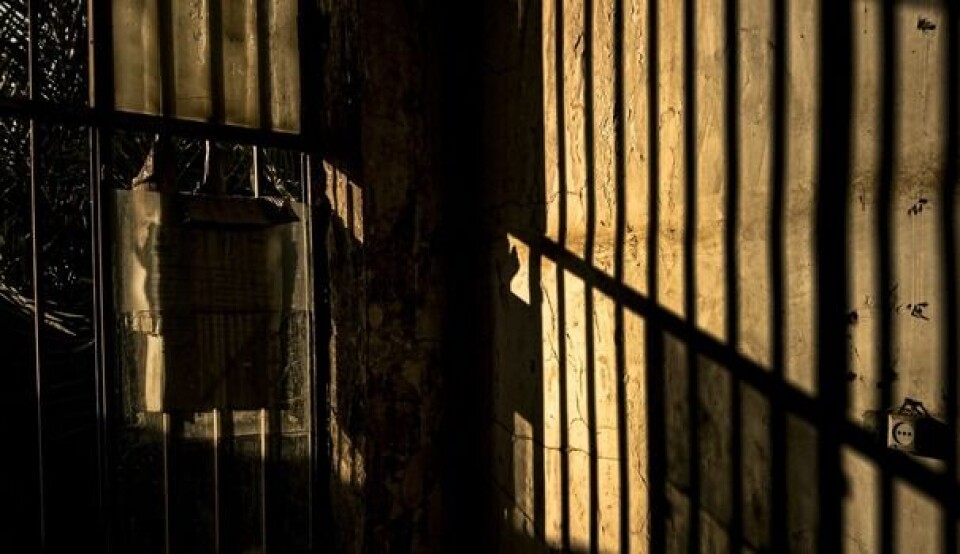Copyright : Re-publication of this article is authorised only in the following circumstances; the writer and Africa Legal are both recognised as the author and the website address www.africa-legal.com and original article link are back linked. Re-publication without both must be preauthorised by contacting editor@africa-legal.com
Slow judicial procedures at the root of prison overcrowding

The Democratic Republic of Congo’s prisons are enormously overcrowded, leading to serious human rights violations. Observers believe this is another sign of the dysfunction of the Congolese judicial system, writes Frédéric Feruzi.
Last September, the Bill Clinton Peace Foundation, a human rights organisation operating in the DRC, presented figures for the country’s main prison, Makala, in Kinshasa. At the time, it housed 12 168 remand prisoners and some 2 200 convicts who had been sentenced; 505 deaths were recorded in Makala between January and November 2023, according to the report published on 6 December in Kinshasa.
The situation is similar in most of the country’s prisons. Prisons in Goma, the rural commune of Masisi and the city of Walikale, in the eastern DRC province of North Kivu, have regularly reported cases of overcrowding and inmates dying of starvation.
Congolese civil society organisations blame poor judicial procedures for the overcrowding, with suspects being arrested but not brought to trial. Other prisoners are tried but their verdicts are not delivered, because judges allegedly demand money before making a ruling. "There are several cases pending before the magistracy and the courts, which are waiting for the money to make a decision. All the prisons in the DRC are in the red,” explained Emmanuel Adu, President of the Bill Clinton Peace Foundation in the DRC.
In addition to deaths caused by overcrowded conditions, inmates have difficulty getting enough food, and in some prisons they only eat once a day. Many of the prisoners lack an education and sometimes prison becomes a place of radicalisation, says the advocacy report published in September by the Synergy of Human Rights Organizations (SUWE).
When asked about the 505 inmates who died in Kinshasa's central prison last year, Lydia Masika, Director General of Penitentiary Administration at the Ministry of Justice, did not acknowledge this figure, but rather the overcrowding. She explained that overcrowding is the result of poor judicial procedures, which are slow and “vicious”. She highlighted the discussions underway between the Ministry of Justice and the Superior Council of the Judiciary which aim to relieve overcrowding, particularly at Kinshasa’s central prison.
In the interior of the country, civil society organisations continue to lobby the authorities to find a solution to prison overcrowding and limit its impact on inmates. André Ushindi, a human rights activist in Walikale, is calling for a round-table meeting with local authorities and the provincial Minister of Justice to discuss ways of reducing prison overcrowding. Ushindi has also called for trials for the detainees who have never been tried, in order to identify those who can be released.
In his State of the Nation speech last November, DRC President Félix Tshisekedi announced that he had recruited 5 000 magistrates to ease the shortage of judges in the country. He also announced that steps were underway to create more high courts in the DRC, to bring justice closer to the people.
To join Africa Legal's mailing list please click here
